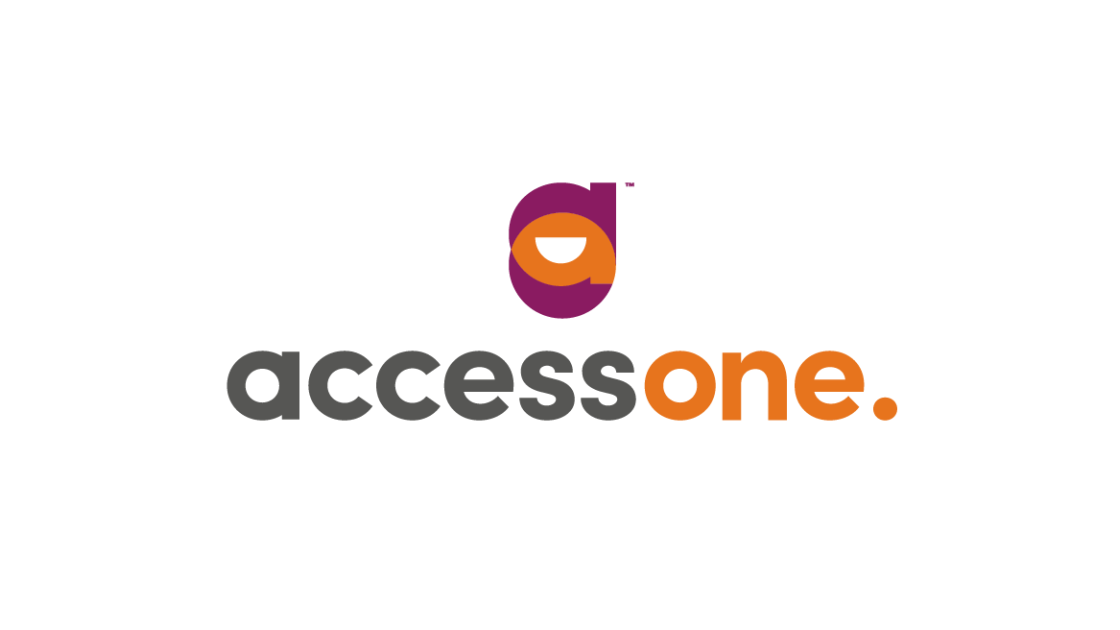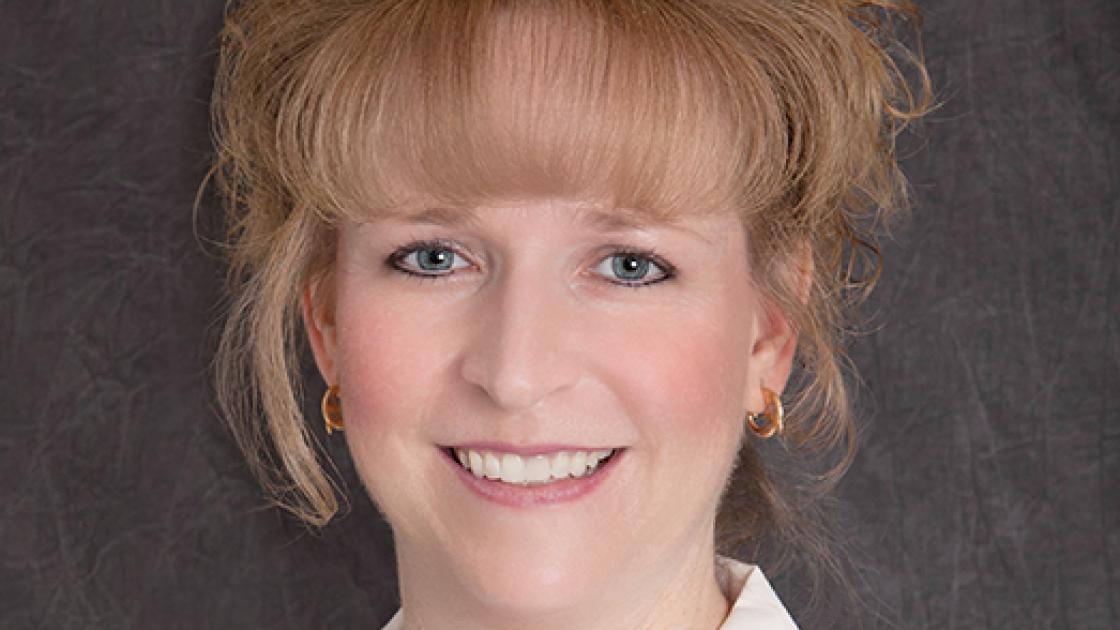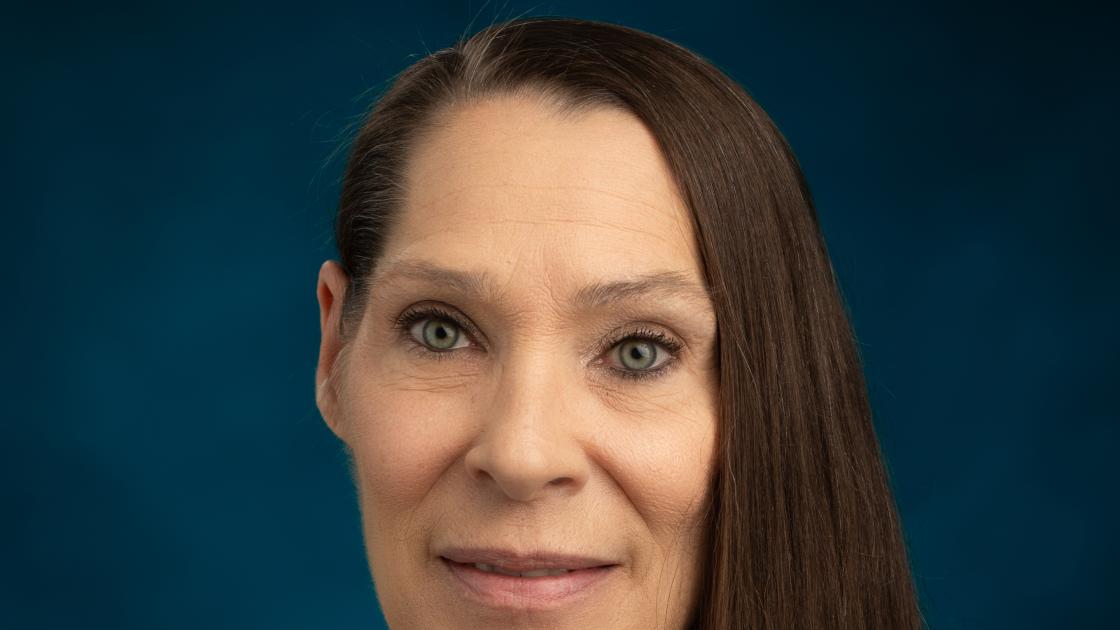
Patients with Hard-to-treat Depression Have Options with Esketamine
As a USPS mail carrier and mother of three, Tricia Duckworth began struggling with depression in her mid-20s. She felt tired, anxious and struggled to find a reason to get out of bed. As her symptoms progressed, she began seeing Karen Broquet, MD, a psychiatrist at SIU Medicine. Through the years, Dr. Broquet and Duckworth tried a variety of drug therapies to treat her depression. Ultimately, she was on the highest allowed dose of Effexor (venlafaxine) and could function on an interim basis. Unfortunately, the side effects were often as challenging as the depression itself.
“I was treated with multiple medications to try to quiet some of the anxiety and depression,” says Duckworth, 43. “I just learned to live with the suicidal ideas that kept popping into my brain.”
She tried electroconvulsive therapy (ECT), a procedure used to treat severe, chronic depression. It is typically used on patients who experience hallucinations, delusions or suicidal thoughts, after other treatments have failed to help.
At one point, Duckworth tried to kill herself and ended up in a coma.
“Some patients have suicidal thoughts often, but do not actually consider taking action,” says Dr. Broquet. “However, in this case, her suicide attempts were incredibly serious and she came very close to succeeding.”
Like many patients who suffer side effects, Duckworth had trouble trying to reduce the dosage on any drug because her depression and anxiety would return.
She would function day-to-day but it wouldn’t take much to trigger her into suicidal danger.
When the drug esketamine was developed as a nasal inhaler, instead of the typical oral pill, SIU Medicine physicians and their patients were part of a clinical trial to test the efficacy of the drug in 2017-2019.
Esketamine is different than the current crop of anti-depressant treatments. Most drugs affect one of three brain chemicals: norepinephrine, serotonin or dopamine. Esketamine impacts a chemical called glutamate, which is the most abundant chemical messenger in the brain. It’s an excitatory neurotransmitter, which means it stimulates the cells, causing the junctions between cells to become stronger and more adaptable.
Duckworth was not part of the clinical trial group, but in 2019, she was one of the first SIU patients to receive treatment after the FDA approved the drug for use in adults with suicidal thoughts/actions or with treatment-resistant depression.
“We don’t exactly know why it works yet, but we know it does work,” says Dr. Broquet. “Esketamine blocks the receptors, which increases the amount of glutamate available to the junctions. The current theory is that depression is associated with lower levels of glutamate. We think this increasing glutamate is what’s helping our patients with depression.”
“Esketamine is a miracle drug to me.” Duckworth says. She is now receiving only esketamine treatments for her depression and anxiety. “It’s amazing to not have to take a pill every day or to try to come off of those drugs ever again. I experienced a lot of withdrawal symptoms trying to get off of those drugs. I also don’t have the stigma of taking those pills.”
“For people with chronic depression, it’s important to remember that there are multiple new and different forms of treatment available these days,” says Dr. Broquet.
NOTE: Esketamine treatment is given through a nasal inhaler. It must be administered in the clinic, and patients are monitored for two hours after each treatment for side effects.



